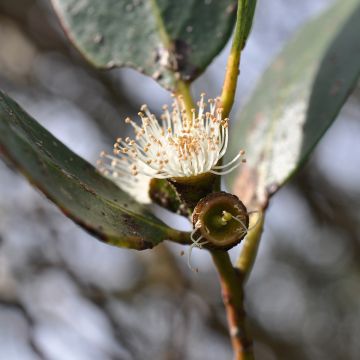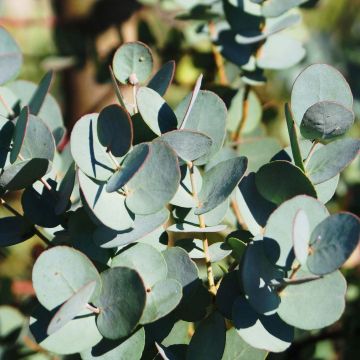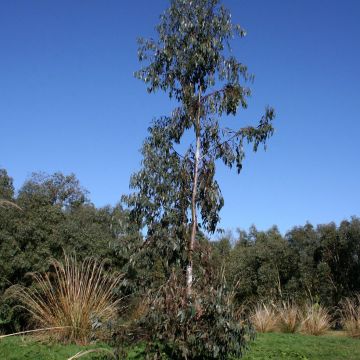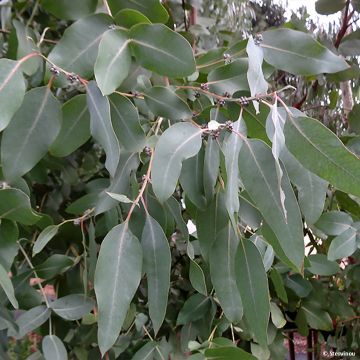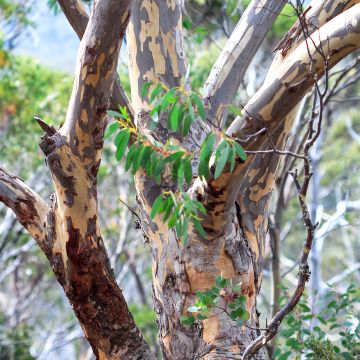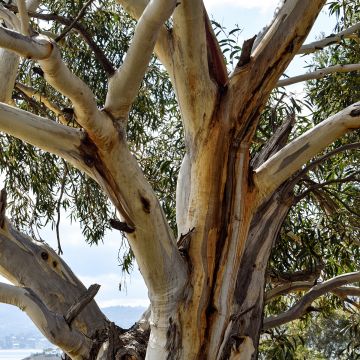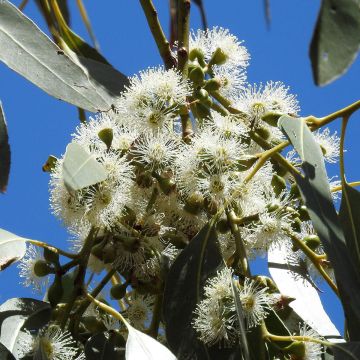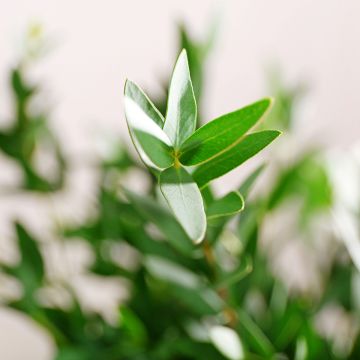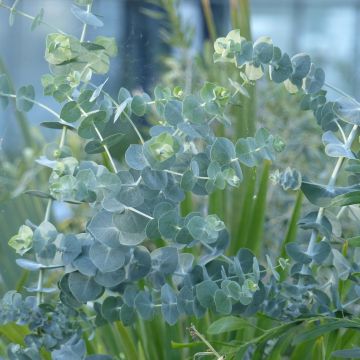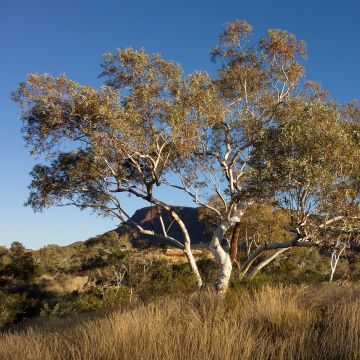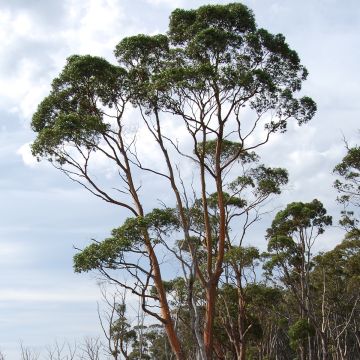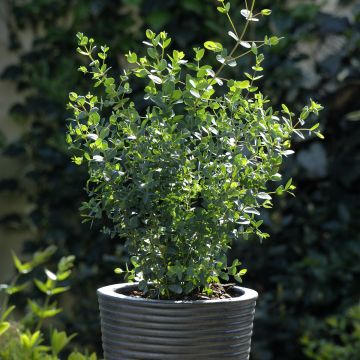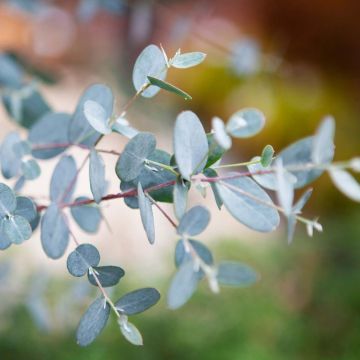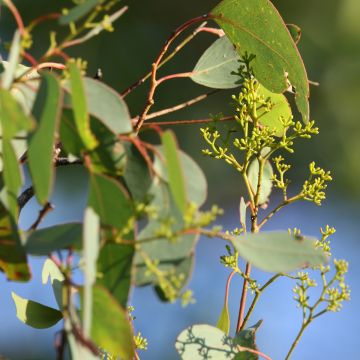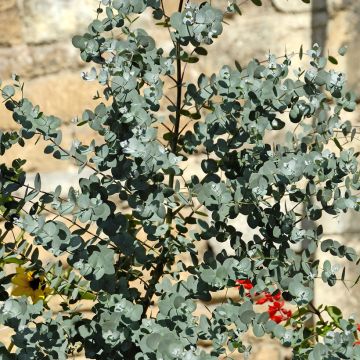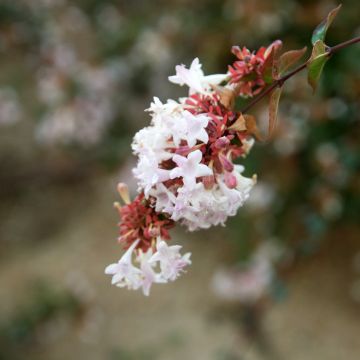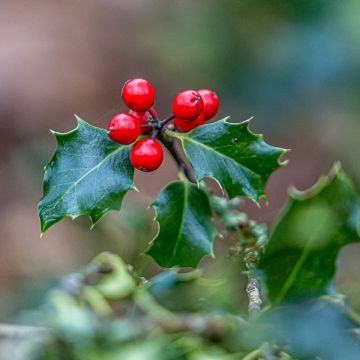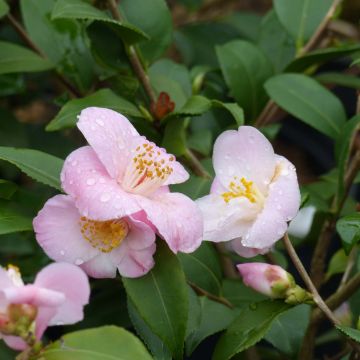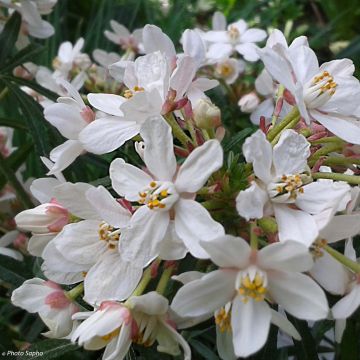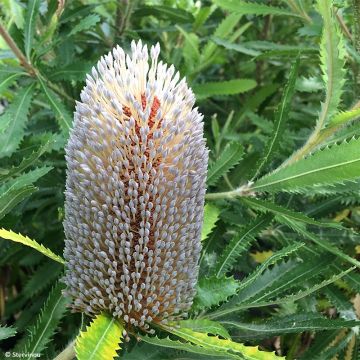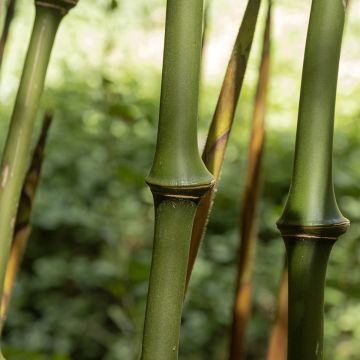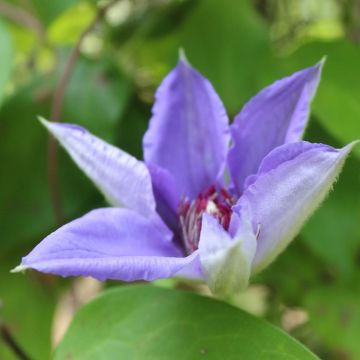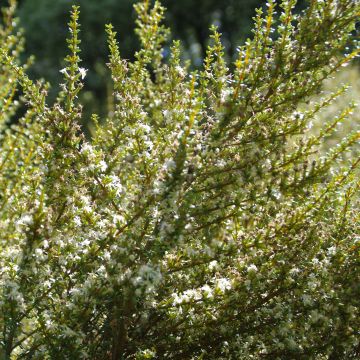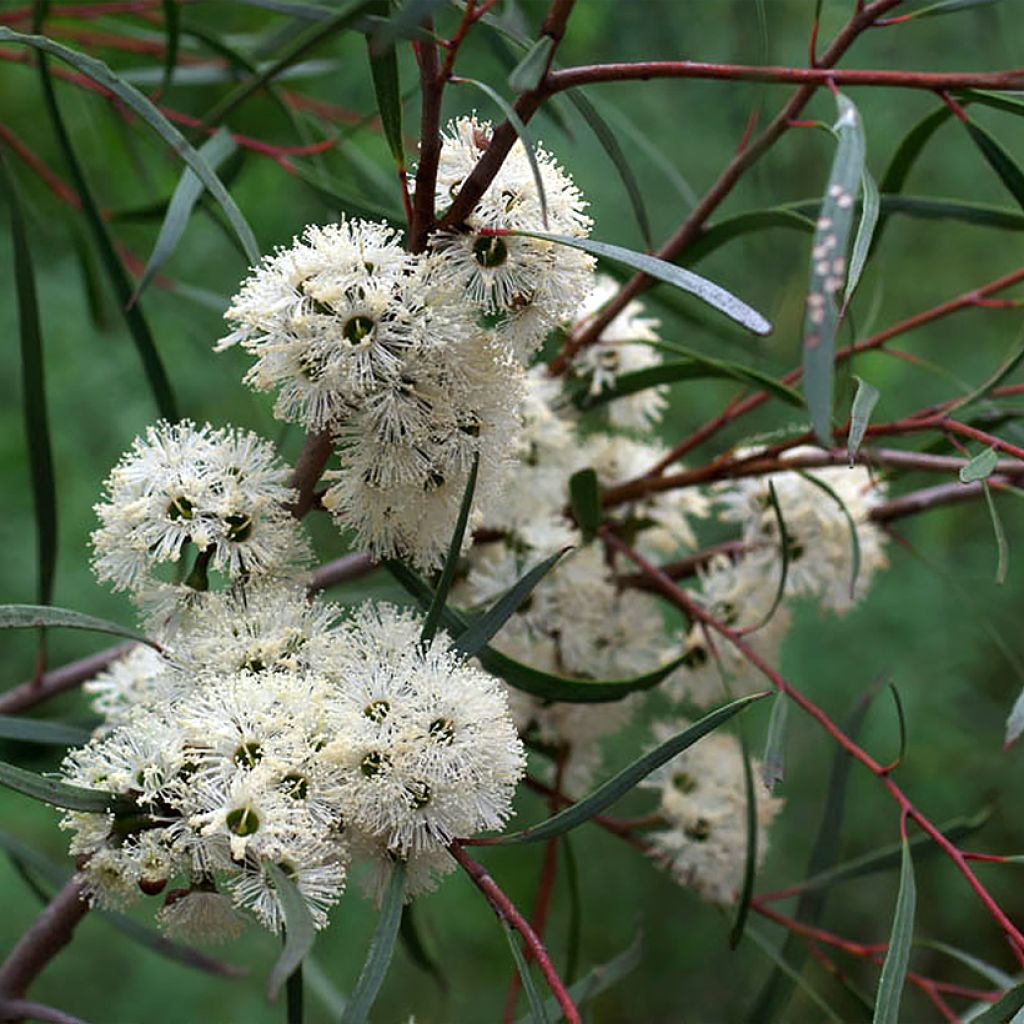

Eucalyptus apiculata
Eucalyptus apiculata
Eucalyptus apiculata
Narrow leaf Mallee
Very beautiful plant received, larger than described.
Gitte, 01/05/2025
Special offer!
Receive a €20 voucher for any order over €90 (excluding delivery costs, credit notes, and plastic-free options)!
1- Add your favorite plants to your cart.
2- Once you have reached €90, confirm your order (you can even choose the delivery date!).
3- As soon as your order is shipped, you will receive an email containing your voucher code, valid for 3 months (90 days).
Your voucher is unique and can only be used once, for any order with a minimum value of €20, excluding delivery costs.
Can be combined with other current offers, non-divisible and non-refundable.
Why not try an alternative variety in stock?
View all →This plant carries a 24 months recovery warranty
More information
We guarantee the quality of our plants for a full growing cycle, and will replace at our expense any plant that fails to recover under normal climatic and planting conditions.
Would this plant suit my garden?
Set up your Plantfit profile →
Description
Eucalyptus apiculata also known as the Narrow-leaved Mallee, has a bushy habit, hence its name Mallee, a term used in Australia to describe small trees or heavily branched bushes, with several trunks (in coppice shoots), with a height less than 10 m (32 ft 10 in). Eucalyptus apiculata reaches a mature size of 6 m (19 ft 8 in) high and has a dark green, narrow, feathery foliage. Highly ornamental and rare, it has a beautifully smooth bark, chalky white, cream, silver-grey and olive in colour, which peels off in long, thin strips, revealing a terracotta-coloured under-bark! It blooms in white pompons. Its adult foliage is not pendulous but points upwards. It grows quite slowly for a Eucalyptus. It prefers normal to dry, even poor soil, well-drained, in the sun, in a location sheltered from cold winds. It is drought-resistant once established. It is moderately hardy, -8° (17.6 °F) C for a young plant, up to -10° (14 °F) or -12° (10.4 °F) C for a mature plant.
Eucalyptus apiculata is an endemic species from the surroundings of Sydney and the Blue Mountains region in New South Wales. It is considered rare due to its limited distribution area. Like all Eucalyptus, it belongs to the myrtaceae family. Its growth is quite slow (for a Eucalyptus) and it eventually forms a bush measuring about 6 m (19 ft 8 in) in height for 2 to 4 m (6 ft 7 in to 13 ft 1 in) in width, depending on the growing conditions. Its bark is smooth, chalky white, cream, silver-grey and olive in colour, and peels off in long, thin strips, revealing a terracotta-coloured under-bark. The foliage remains juvenile for 4 or 5 years on its branches. The juvenile leaves are narrow, lanceolate to linear, dark green. The adult leaves are shiny dark green and crescent-shaped or lanceolate. This foliage releases a typical Eucalyptus fragrance when crushed, not too strong in this species. The flowering spreads from November to May, depending on the climate and the age, generally February-March. The flowers are grouped in 3s in the axil of the leaves in white glomerules. This eucalyptus has a lignotuber just below the soil surface. This organ allows it to grow again from the stump in case of severe frost, fire or ground-level pruning. The plant also produces numerous shoots from dormant buds located under its bark, which allows it to respond well to coppicing and pollarding. Its root system is not extensive, is less dangerous for buildings and makes less competition to other garden plants.
Eucalyptus apiculata is easily installed in many gardens, in pots or in the open ground. Depending on the region, it is over-wintered or its stump is protected, given its limited hardiness. It fits perfectly in a Mediterranean or Australasian plant garden. Its dark green, erect and feathery foliage also evokes certain erect willows, it does not detract from a countryside landscape. Its small size and bushy aspect allow it to be used as an informal screen. Easy to maintain, it requires little care once established. It is easy to contain by pruning. Finally, it is an ornamental plant at all stages of its growth.
Report an error about the product description
Eucalyptus apiculata in pictures
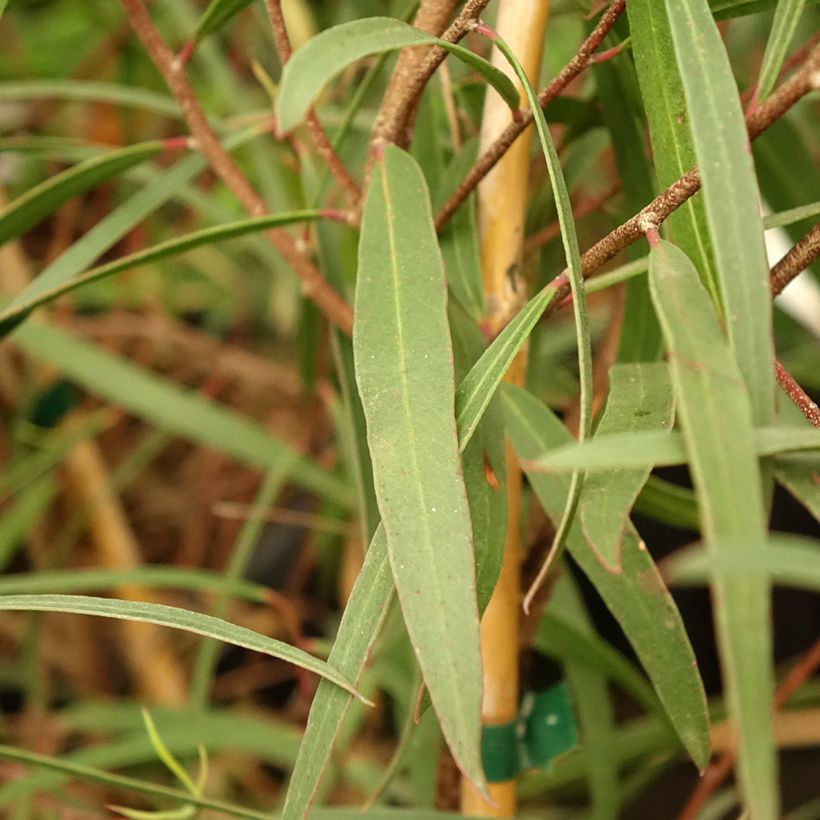

Plant habit
Flowering
Foliage
Botanical data
Eucalyptus
apiculata
Myrtaceae
Narrow leaf Mallee
Australia
Other Eucalyptus
View all →Planting and care
Eucalyptus apiculata is best planted at the beginning of autumn or at the start of spring in cold regions, in well-prepared soil, not too dry to moist and a very sunny situation. It appreciates acidic to neutral soil, ordinary to poor and moist to dry. Water well at planting, then regularly the first year, particularly in dry weather and if the summer is dry and hot. Then let nature take its course, it tolerates quite a dry soil afterwards. There's no need to prune, but the plant tolerates pruning very well after 3 or 4 years of cultivation. In March, you can cut back near the soil to form a beautiful, dense bush of 2-3 m (6 ft 7 in-9 ft 10 in) high.
Its roots are less powerful than those of other species, allowing it to be installed closer to foundations and installations (septic tank, for example).
Planting period
Intended location
Care
-
, onOrder confirmed
Reply from on Promesse de fleurs
Similar products
Haven't found what you were looking for?
Hardiness is the lowest winter temperature a plant can endure without suffering serious damage or even dying. However, hardiness is affected by location (a sheltered area, such as a patio), protection (winter cover) and soil type (hardiness is improved by well-drained soil).

Photo Sharing Terms & Conditions
In order to encourage gardeners to interact and share their experiences, Promesse de fleurs offers various media enabling content to be uploaded onto its Site - in particular via the ‘Photo sharing’ module.
The User agrees to refrain from:
- Posting any content that is illegal, prejudicial, insulting, racist, inciteful to hatred, revisionist, contrary to public decency, that infringes on privacy or on the privacy rights of third parties, in particular the publicity rights of persons and goods, intellectual property rights, or the right to privacy.
- Submitting content on behalf of a third party;
- Impersonate the identity of a third party and/or publish any personal information about a third party;
In general, the User undertakes to refrain from any unethical behaviour.
All Content (in particular text, comments, files, images, photos, videos, creative works, etc.), which may be subject to property or intellectual property rights, image or other private rights, shall remain the property of the User, subject to the limited rights granted by the terms of the licence granted by Promesse de fleurs as stated below. Users are at liberty to publish or not to publish such Content on the Site, notably via the ‘Photo Sharing’ facility, and accept that this Content shall be made public and freely accessible, notably on the Internet.
Users further acknowledge, undertake to have ,and guarantee that they hold all necessary rights and permissions to publish such material on the Site, in particular with regard to the legislation in force pertaining to any privacy, property, intellectual property, image, or contractual rights, or rights of any other nature. By publishing such Content on the Site, Users acknowledge accepting full liability as publishers of the Content within the meaning of the law, and grant Promesse de fleurs, free of charge, an inclusive, worldwide licence for the said Content for the entire duration of its publication, including all reproduction, representation, up/downloading, displaying, performing, transmission, and storage rights.
Users also grant permission for their name to be linked to the Content and accept that this link may not always be made available.
By engaging in posting material, Users consent to their Content becoming automatically accessible on the Internet, in particular on other sites and/or blogs and/or web pages of the Promesse de fleurs site, including in particular social pages and the Promesse de fleurs catalogue.
Users may secure the removal of entrusted content free of charge by issuing a simple request via our contact form.
The flowering period indicated on our website applies to countries and regions located in USDA zone 8 (France, the United Kingdom, Ireland, the Netherlands, etc.)
It will vary according to where you live:
- In zones 9 to 10 (Italy, Spain, Greece, etc.), flowering will occur about 2 to 4 weeks earlier.
- In zones 6 to 7 (Germany, Poland, Slovenia, and lower mountainous regions), flowering will be delayed by 2 to 3 weeks.
- In zone 5 (Central Europe, Scandinavia), blooming will be delayed by 3 to 5 weeks.
In temperate climates, pruning of spring-flowering shrubs (forsythia, spireas, etc.) should be done just after flowering.
Pruning of summer-flowering shrubs (Indian Lilac, Perovskia, etc.) can be done in winter or spring.
In cold regions as well as with frost-sensitive plants, avoid pruning too early when severe frosts may still occur.
The planting period indicated on our website applies to countries and regions located in USDA zone 8 (France, United Kingdom, Ireland, Netherlands).
It will vary according to where you live:
- In Mediterranean zones (Marseille, Madrid, Milan, etc.), autumn and winter are the best planting periods.
- In continental zones (Strasbourg, Munich, Vienna, etc.), delay planting by 2 to 3 weeks in spring and bring it forward by 2 to 4 weeks in autumn.
- In mountainous regions (the Alps, Pyrenees, Carpathians, etc.), it is best to plant in late spring (May-June) or late summer (August-September).
The harvesting period indicated on our website applies to countries and regions in USDA zone 8 (France, England, Ireland, the Netherlands).
In colder areas (Scandinavia, Poland, Austria...) fruit and vegetable harvests are likely to be delayed by 3-4 weeks.
In warmer areas (Italy, Spain, Greece, etc.), harvesting will probably take place earlier, depending on weather conditions.
The sowing periods indicated on our website apply to countries and regions within USDA Zone 8 (France, UK, Ireland, Netherlands).
In colder areas (Scandinavia, Poland, Austria...), delay any outdoor sowing by 3-4 weeks, or sow under glass.
In warmer climes (Italy, Spain, Greece, etc.), bring outdoor sowing forward by a few weeks.






























